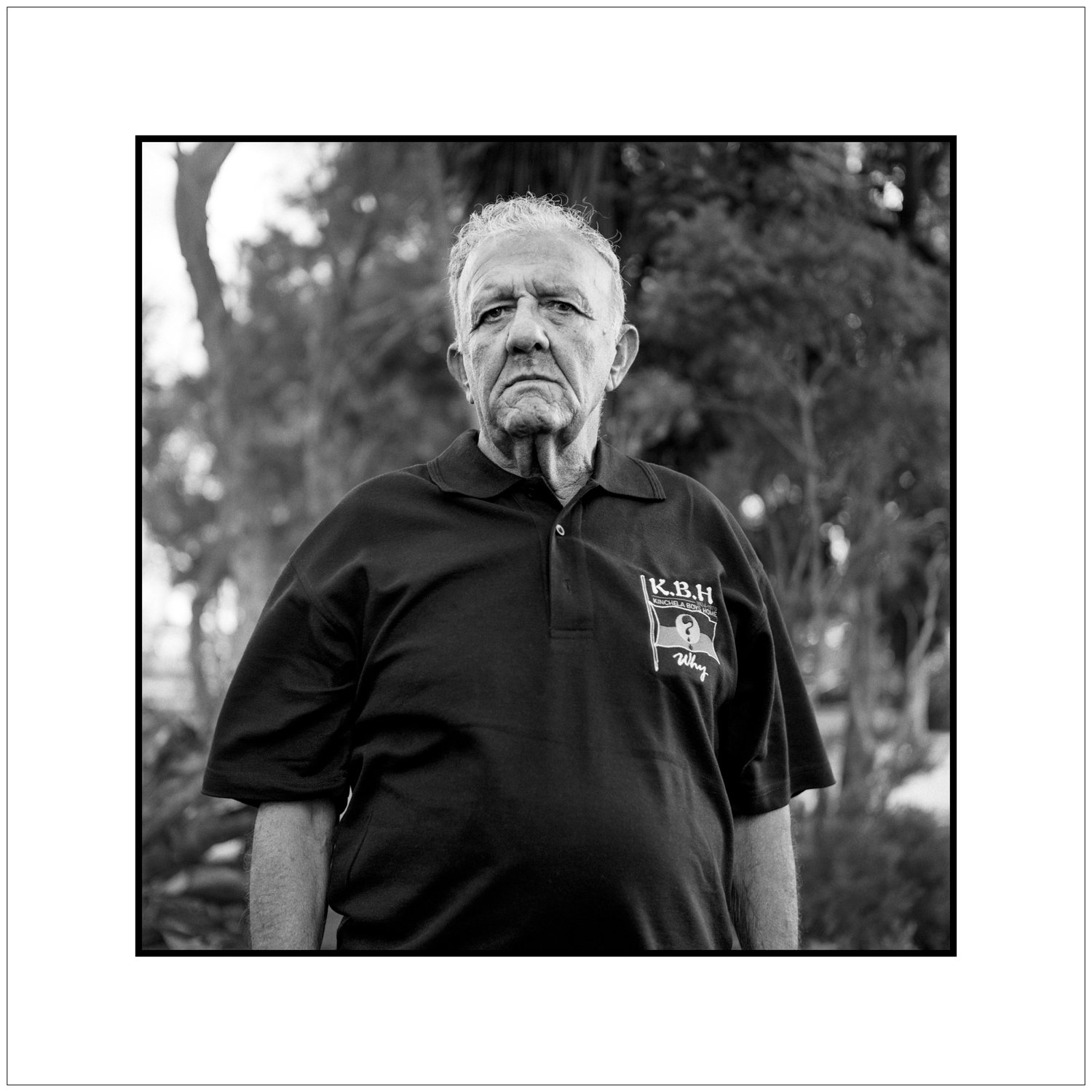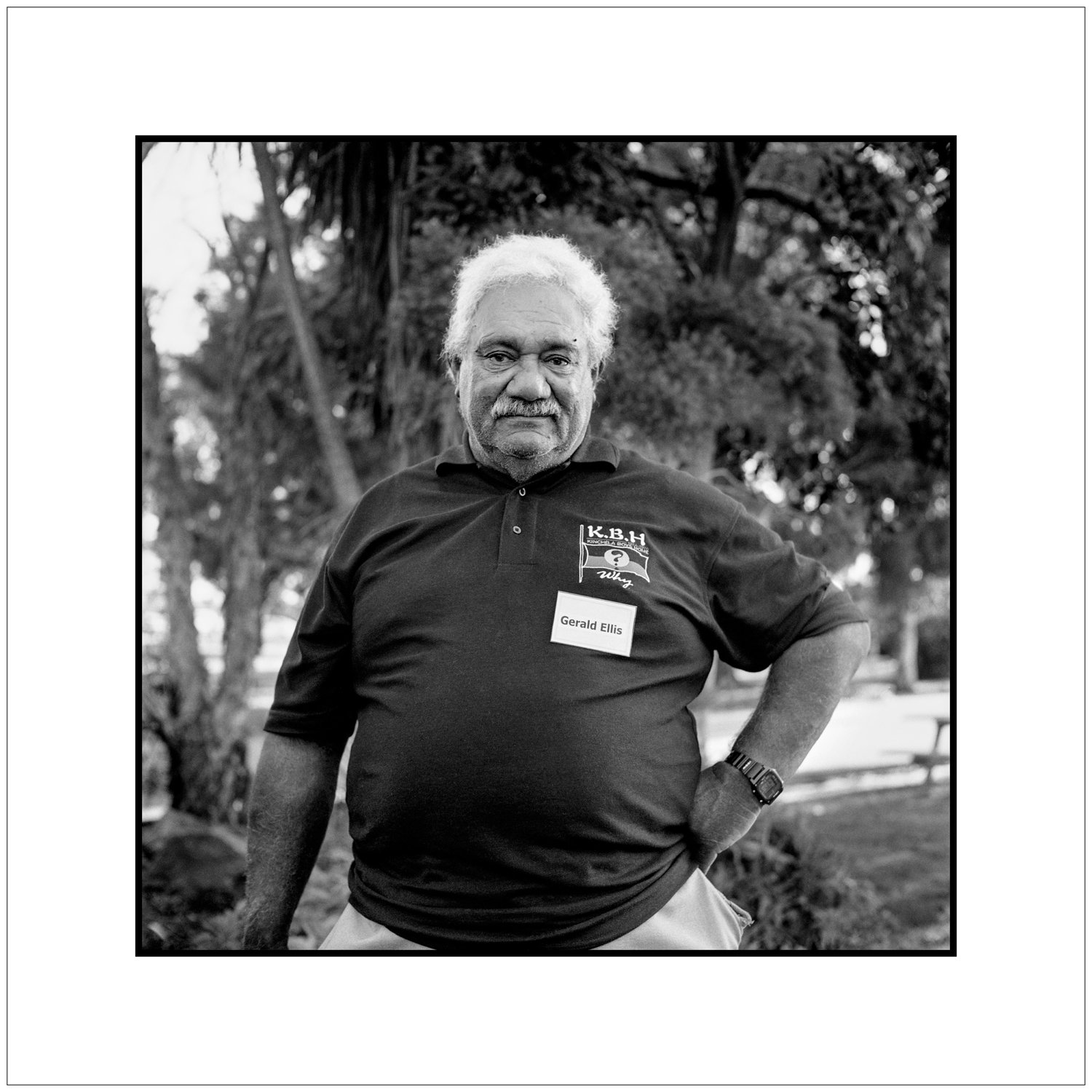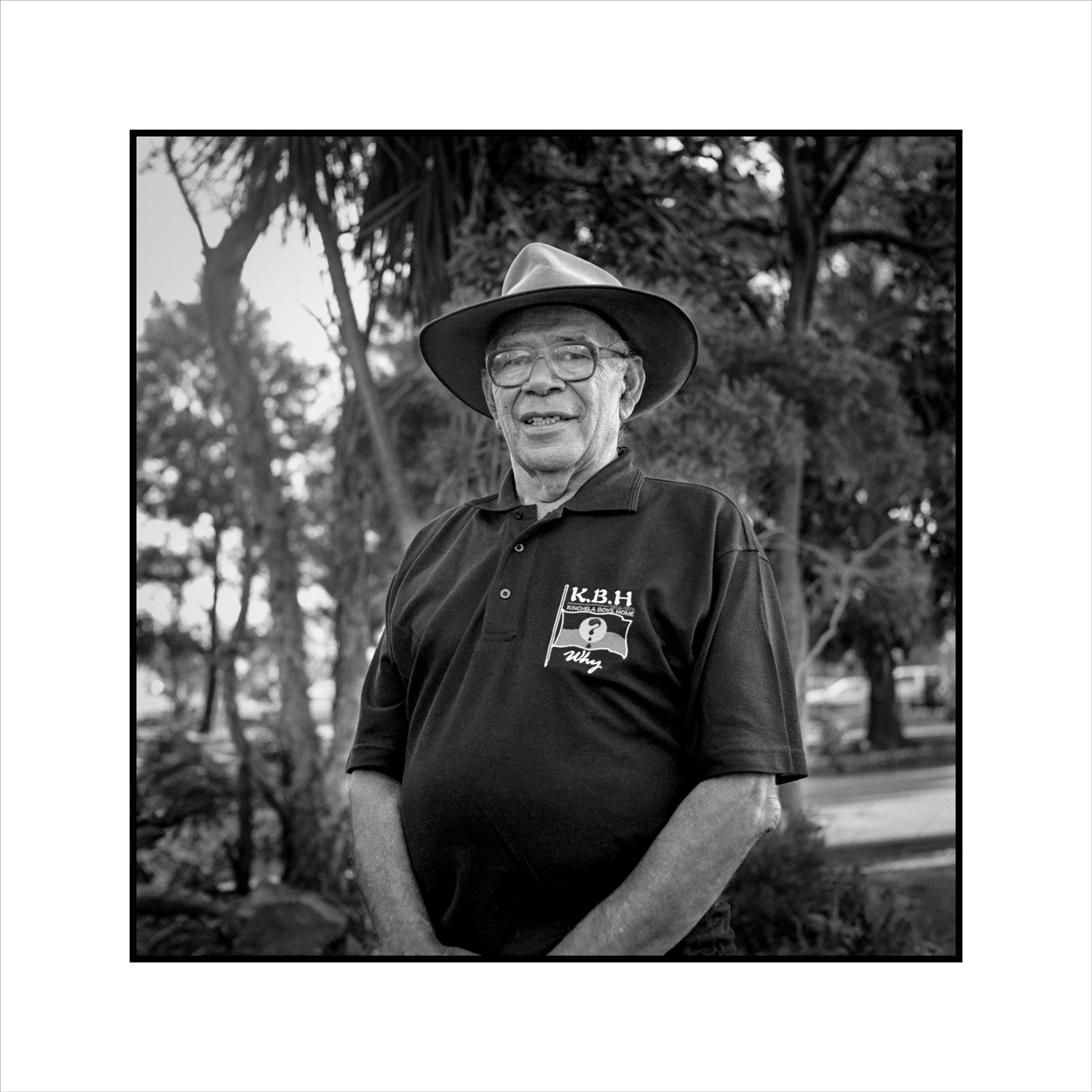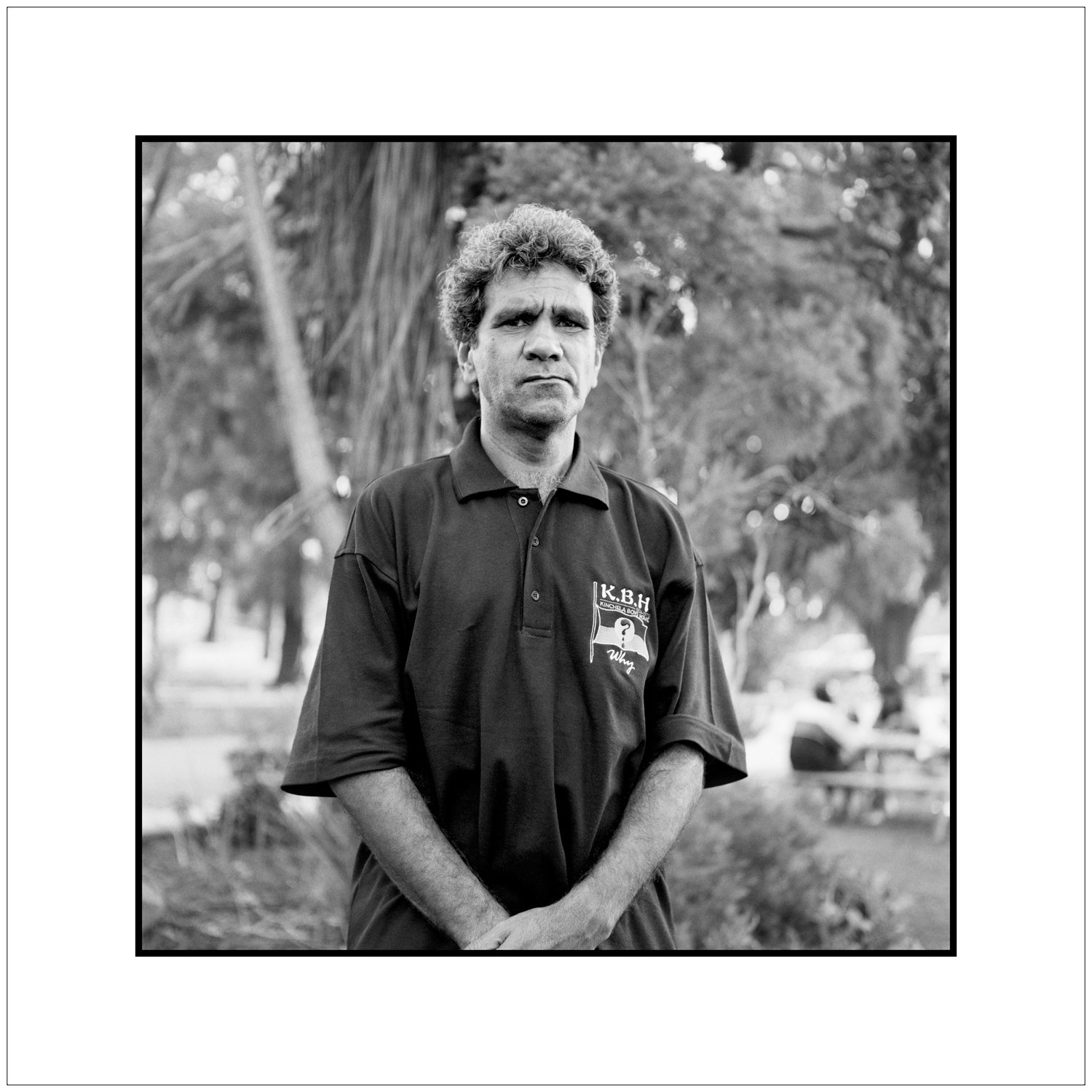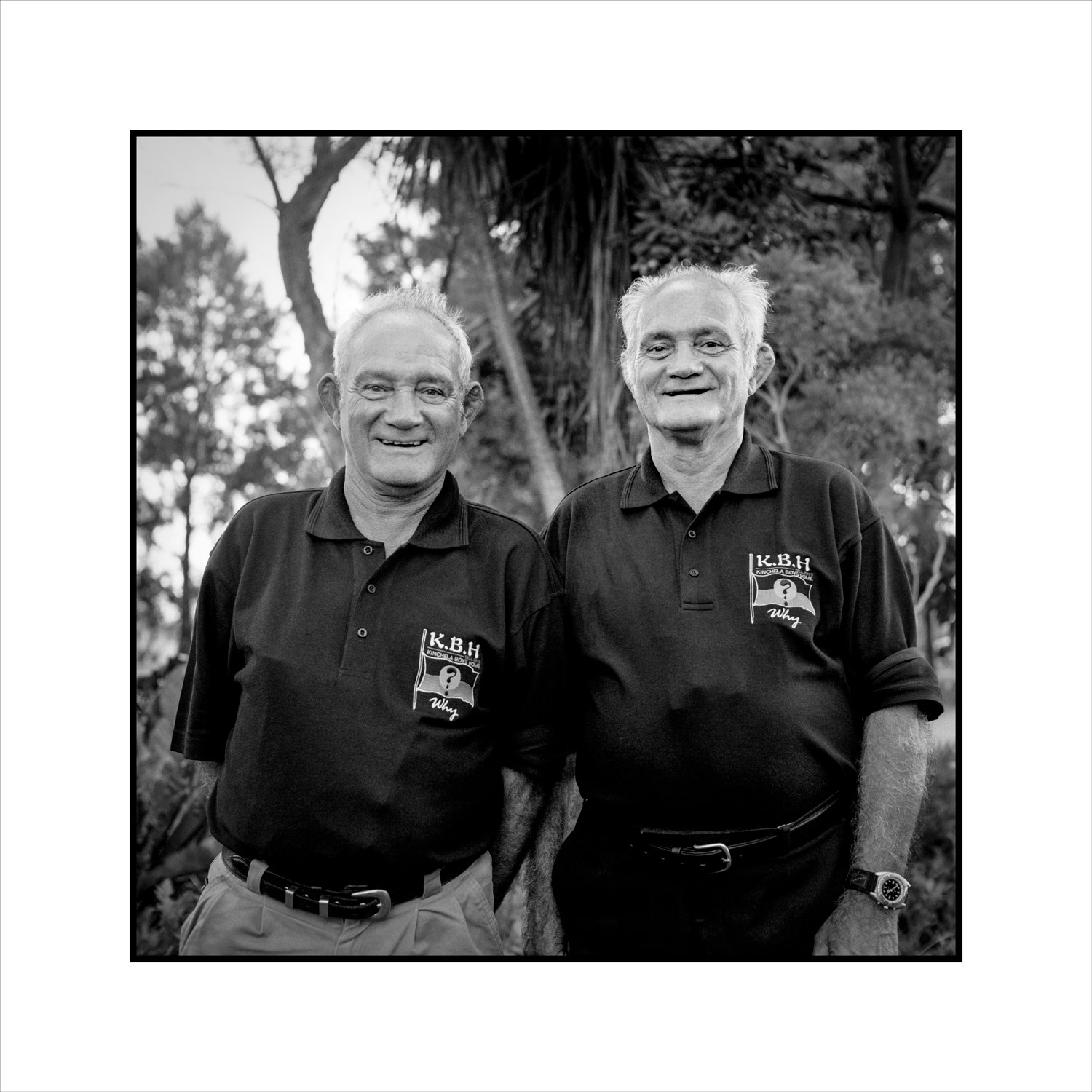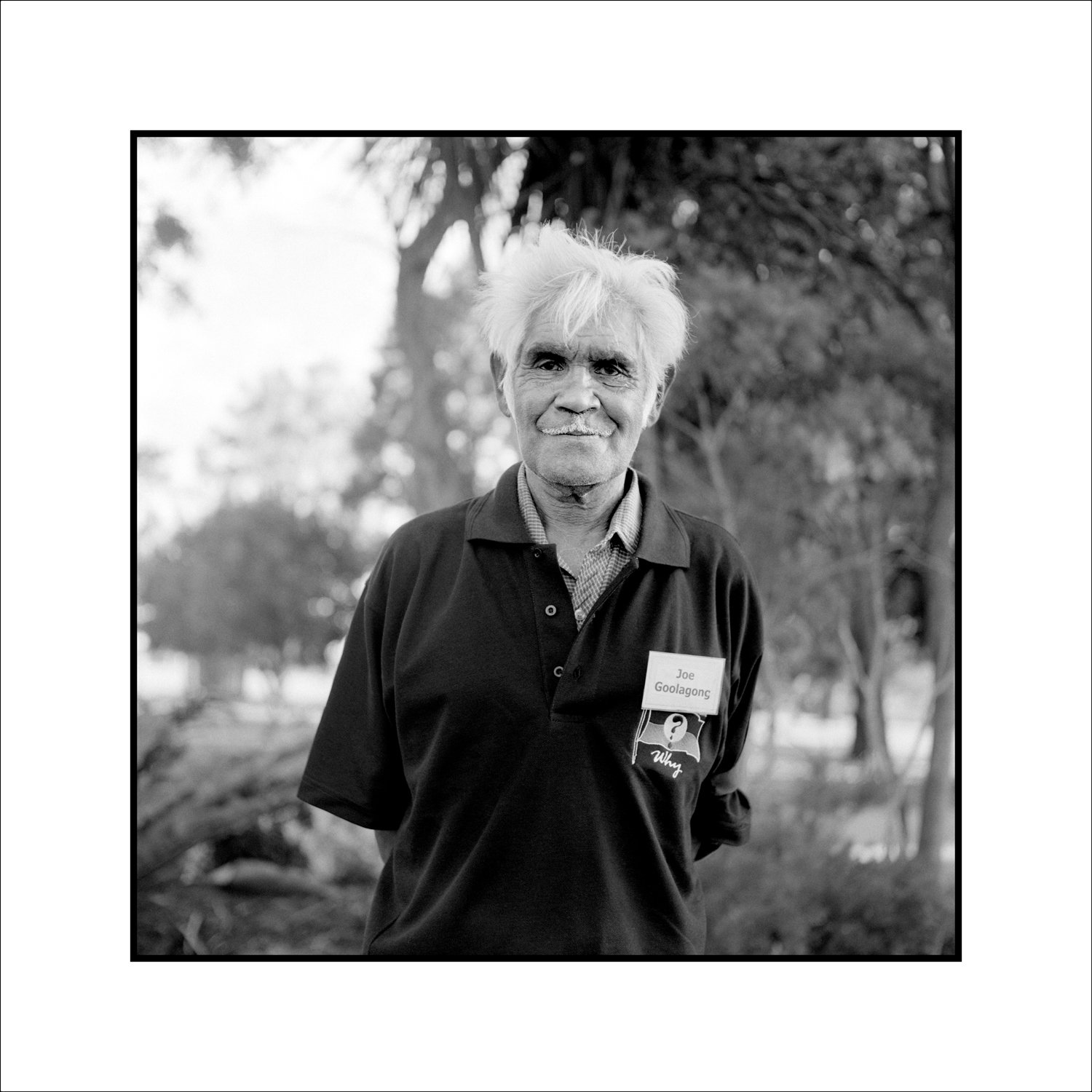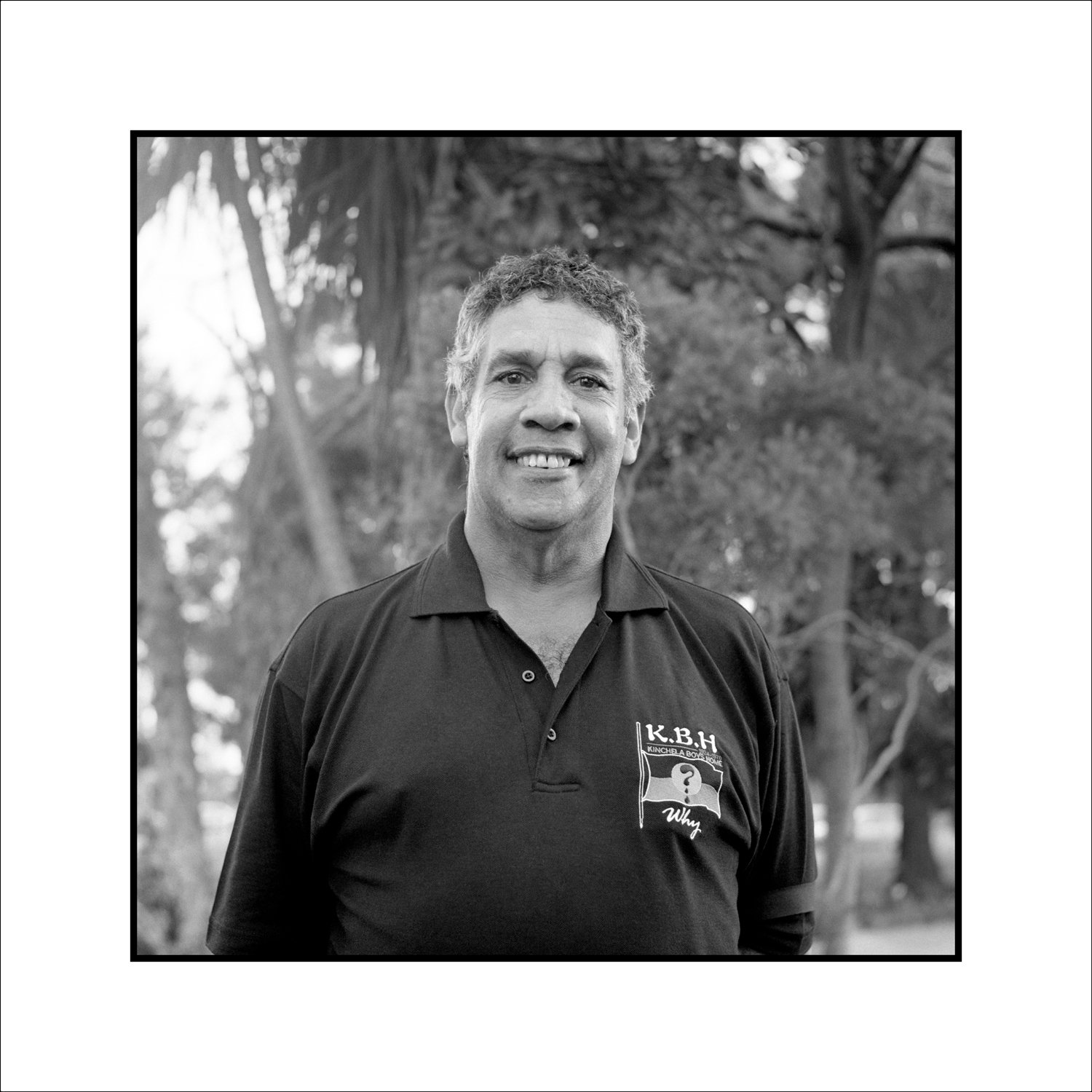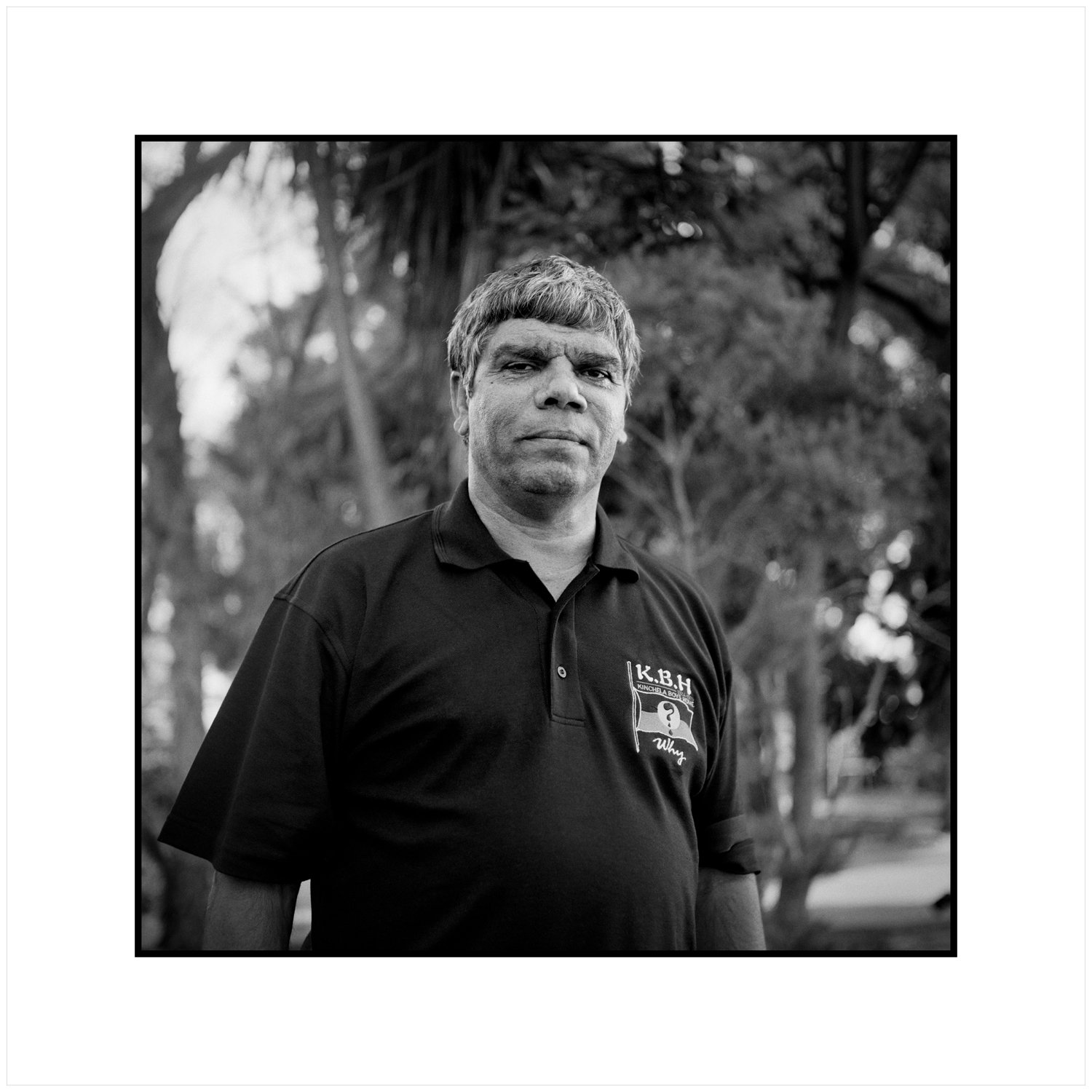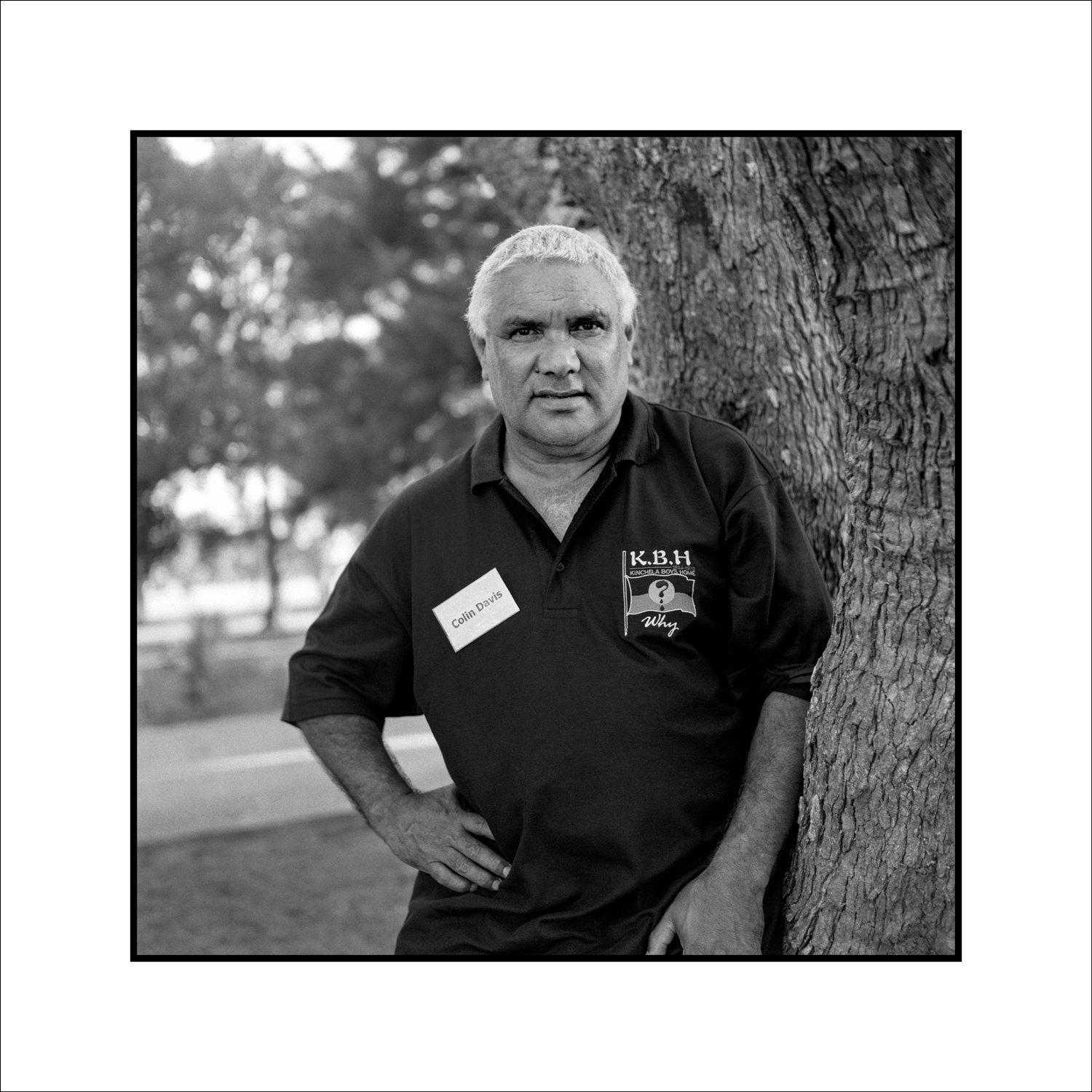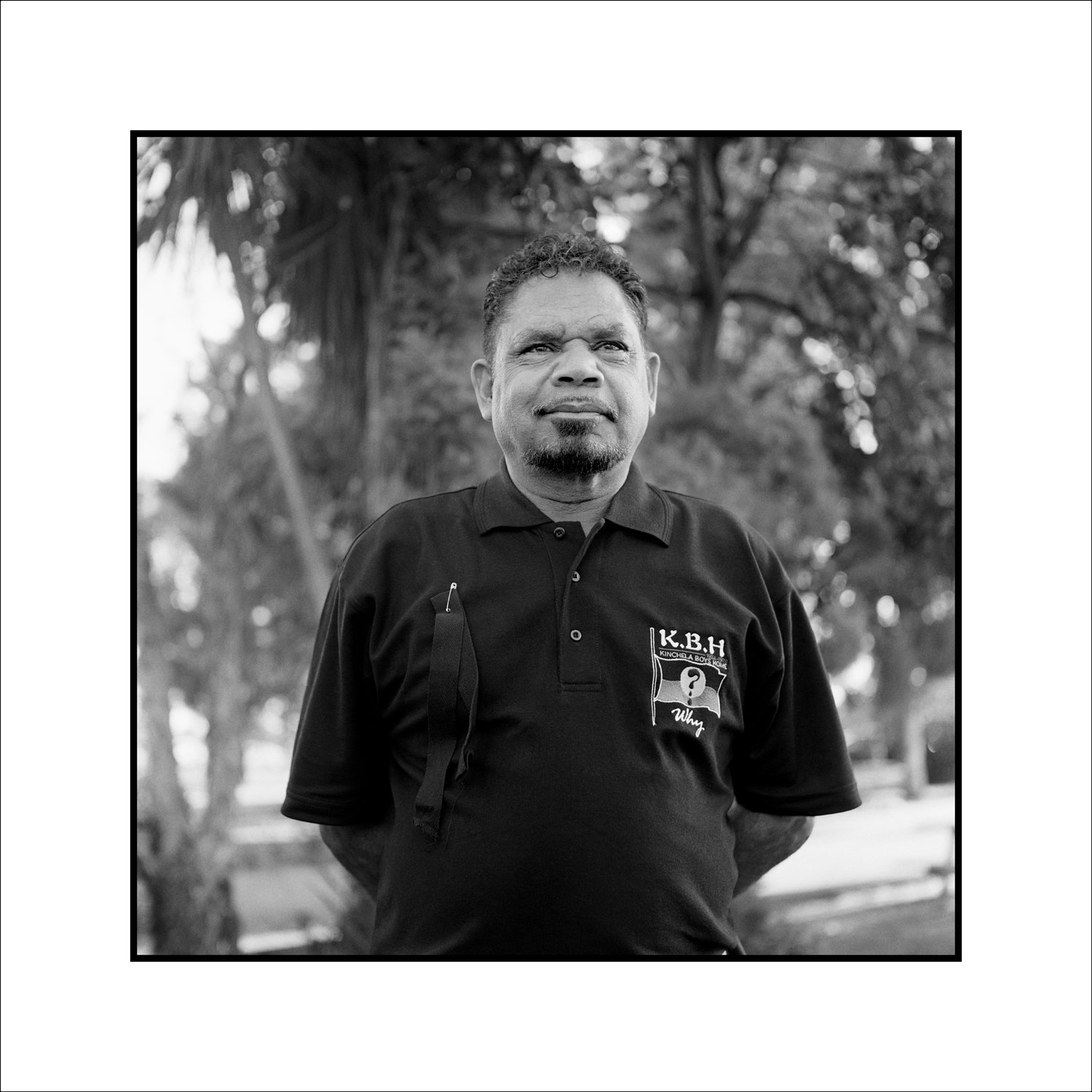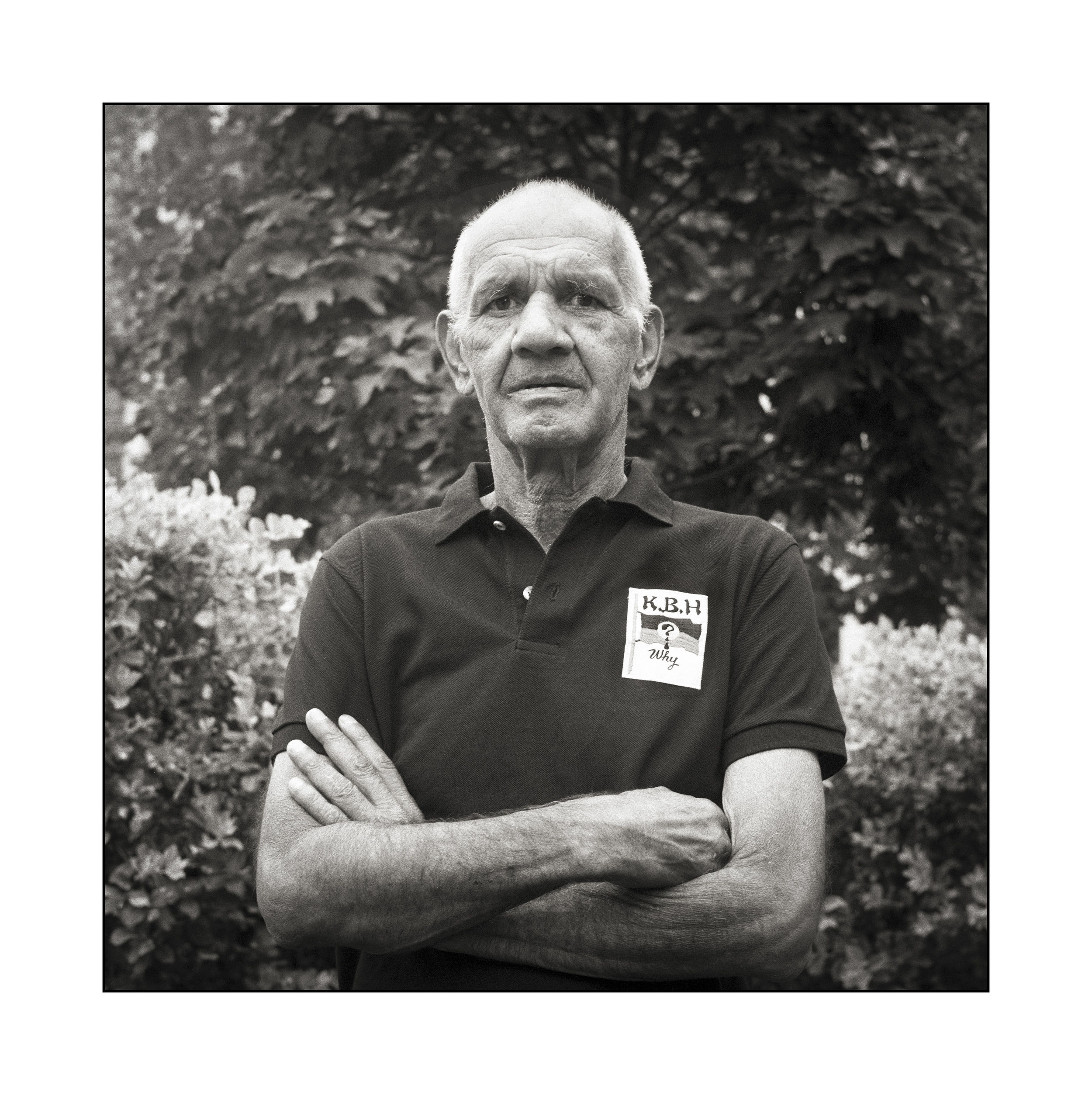From 1924 until 1970, between 400 and 600 Aboriginal boys were forcibly removed from their families and placed in the Kinchela Boys Home (KBH) on the mid north coast of New South Wales, Australia. The harsh treatment they suffered was documented in Bringing them home, the report of the National Inquiry into the Separation of Aboriginal and Torres Strait Islander Children from their Families. These photographs are portraits of some of the survivors of KBH who were stolen in infancy, forbidden from speaking their Indigenous languages, brutalised as children, and sent into the world without family or a complete education.
Kinchela Boys Home closed in 1970.
In 2002 some of the former inmates of Kinchela Boys Home formed the Kinchela Boys Home Aboriginal Corporation (KBHAC) which aims to assist Kinchela men, their families and communities recover their identity, dignity and well-being.
Sarah Barker worked as a volunteer photographer for the KBHAC from 2002-2014.
The KBH portraits were first exhibited at The University of Sydney for 2011 Reconciliation Week. The exhibition was opened on National Sorry Day by Her Excellency Professor Marie Bashir, Governor of New South Wales and Chancellor of the University of Sydney, and Master of Ceremonies Pastor Ray Minniecon.
In 2017 a selection of these portraits won a place in the Portrait category of the 10th Julia Margaret Cameron Award for women photographers.
In 2018 a selection of these portraits featured as part of "Through a Woman's Lens" for Social Documentary Network.
The complete series of 54 portraits is now held in the collection of The State Library of New South Wales.
This series of photographs contains images of people who have passed away.
“We remember and lament all the children who will never come home.” (Bringing them home: The 'Stolen Children' report 1997)





